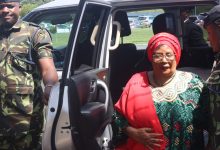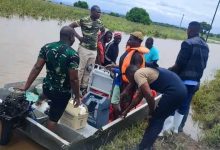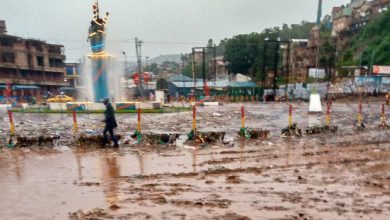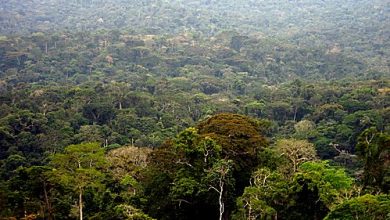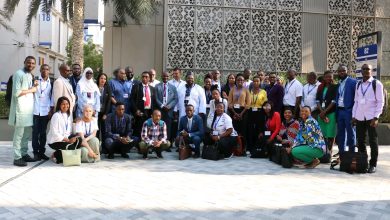COP28: Democratic Republic of the Congo in list of 15 countries to receive World Bank Carbon Credits.
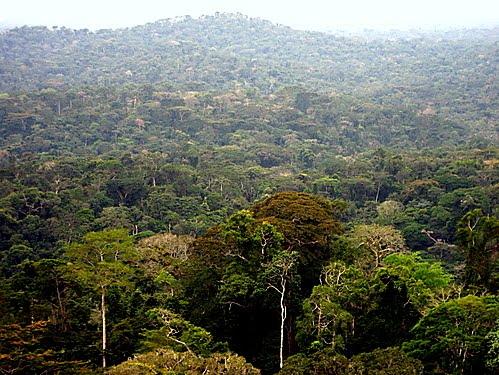
Goma, 12 Decembre 2023
By Prosper HERI NGORORA.
Democratic Republic of the Congo is among 15 countries in the world which will benefit from ambitious plans for the growth of high-integrity global carbon markets.
The announcement was made in Dubai in the beginning of COP28 by World bank in a press release.
“By next year, these countries will have produced over 24 million credits, and as many as 126 million by 2028. These credits could earn up to $2.5 billion in the right market conditions, with much of that going back to communities and countries. Thriving carbon markets have the potential to do the same for other countries in the long-term” reveals the World bank.
Among these countries which are part of World Bank’s Forest carbon partnership Facility (FCPF) we find Costa Rica, Ghana, Republic of Congo, Vietnam, Indonesia, Guatemala, Nepal, Mozambique, Madagascar, Fiji, Dominican Republic, Laos PDR, Chile and Cote d’Ivoire and DRC it self.
The world bank pledges to work with all stakeholders to make sure that project turns to a success for general benefit.
“Supporting five countries in 2024, the World Bank will work with governments and local communities to access carbon markets. By 2028, it is expected all 15 FCPF countries will be in a position to interact with carbon markets” underlines the World bank.
According to World bank, its carbon credit is unique and high-integrity due to two things: Firstly, environmental integrity—ensuring credits are unique, real, additional, permanent, and measurable and secondly it gives a guarantee for social integrity—making sure that communities, especially Indigenous Peoples and Local Communities, benefit most from these programs.
“When the DRC receives such financial support, it’s an acknowledgment that we are leader in struggle against climate change. We have potentiality which can help lead us to energy transition as it was one of key priorities at the COP28. We have strong capacities in terms of resilience in carbon sequestration. This is an opportunity for the development of endigenous peoples which live in extreme poverty. Also, it can help to phase out from fossil fuels” says Darcin Basirwa, a climate activist based in Goma, DRC.
With the World Bank Engagement Roadmap for High-Integrity Carbon Markets, the world bank expects to collaborate with partners to scale effective global carbon markets.
“Blessed with natural resources, these countries are set to benefit from carbon markets by earning income from protecting forests and using their land more sustainably” said Ajay Banga, President of World Bank Group.
Despite this announcement, some analysts think it is not sufficient at all, as Africa needs more financial support for his struggle against climate chocks.
Climate finance is a climate debt owed by the historic polluters of the Global North to Global South countries that are on the front lines of climate change.
The Global North is in default and is refusing to pay its debt.
“If you owe me $100, you are supposed to pay me. Instead, you give me a $10 loan with conditionalities to control how I use my money. You give me another $10 in exchange for having control over my forests (aka carbon markets). You invest another $10 in green electricity that I must export to you on favorable terms. You outsource another $10 worth of low value-added added manufacturing to produce cheap consumer goods for you” analyzes Fadhel Kaboub, founder of Global Institute for Sustainable Prosperity and senior adviser with Power Shift Africa.
This story was produced with the support from MESHA and IDRC Eastern and Southern Office for Science journalists reporting on COP28.

